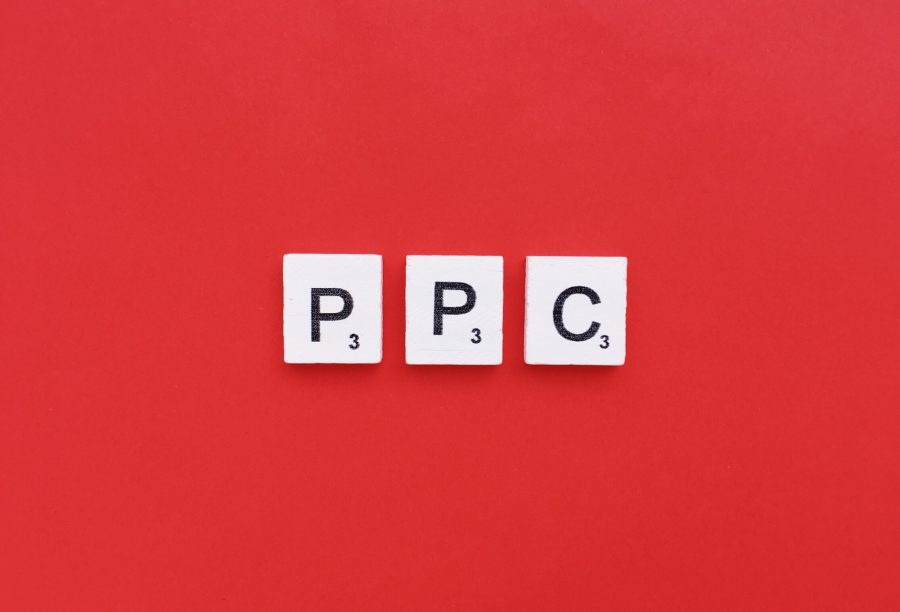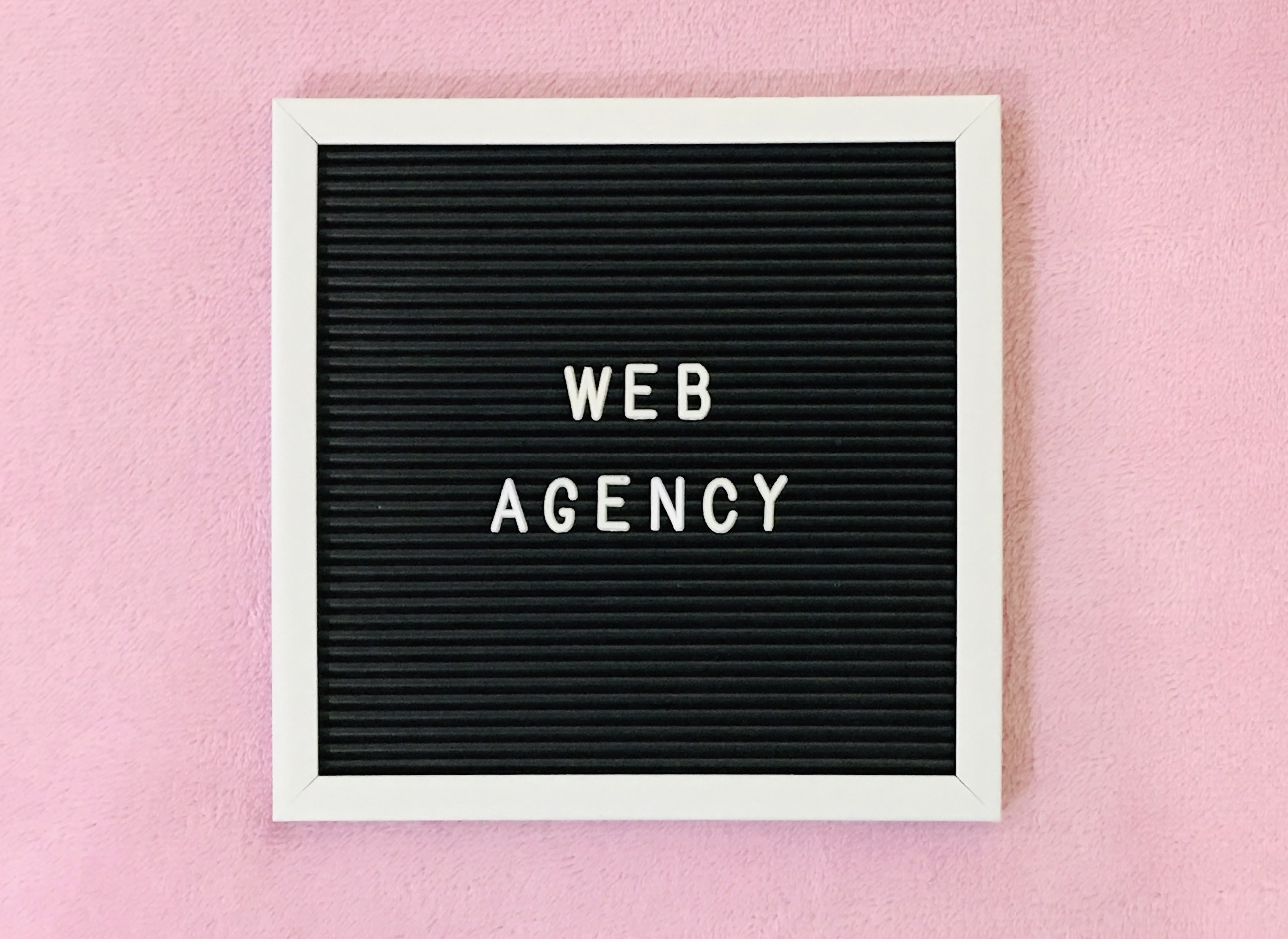
Estimated reading time: 13 minutes
Almost 79 percent of marketers believe that Pay Per Click (PPC) is hugely beneficial for their businesses. It has been recorded that nearly 50 percent of people arriving at a retailer’s site from paid ads are more likely to convert than those arriving organically. An increasing number of businesses are experiencing the benefits of PPC campaigns, leading to an increase in its demand. This has paved the way for a more efficient form of PPC, namely PPC automation.
This post offers information on how businesses can benefit from PPC automation. However, before that, let’s quickly see what PPC is all about.
Related Links
What Is PPC?
PPC or pay-per-click is an internet marketing model where advertisers pay a fee every time any of their ads is clicked. It’s like buying visits to your site rather than ‘earning’ those visits organically.
Paid campaigns like search engine marketing ads operate with real-time bidding. Here, an advertising inventory is sold in a private automated auction with the help of real-time data.
Take a look at the SEO dashboard with organic and paid metrics displayed as per their performance.

What Is PPC Automation?
PPC automation stands as the technological cornerstone reshaping the landscape of digital advertising. Simply put, it’s the integration of advanced tools and technology to streamline and optimize Pay-Per-Click (PPC) advertising campaigns. This innovative approach transcends traditional manual management, introducing efficiency and precision to every facet of your online advertising strategy.
- Automated Research:
Forget laborious hours spent on market analysis and keyword research. PPC automation tools dig deep into data, identifying trends, competitor strategies, and high-performing keywords. This automated research not only saves time but ensures your campaigns are built on a foundation of actionable insights. - Bidding Strategies Redefined:
Bid management is a critical aspect of PPC campaigns, and automation takes it to the next level. These tools dynamically adjust your bids based on real-time data, maximizing your ad visibility while optimizing costs. The result? A finely tuned bidding strategy that adapts to market fluctuations and competitor activities. - Ad Copy Enhancement:
Crafting compelling ad copy is an art, and PPC automation complements this by providing data-backed recommendations. These tools analyze the performance of your ad creatives and suggest optimizations, ensuring that your messaging aligns with audience preferences and maximizes engagement. - Performance Monitoring in Real-Time:
Keep your finger on the pulse of your campaigns with real-time performance monitoring. PPC automation tools constantly track key metrics, allowing you to identify trends, spot opportunities, and address issues promptly. This proactive approach ensures that your campaigns are always on the path to success. - Time and Resource Efficiency:
PPC automation liberates marketers from routine and time-consuming tasks, allowing them to focus on strategic decision-making. By automating repetitive processes, you gain efficiency and accuracy, freeing up resources to delve into more creative and impactful aspects of your advertising strategy.
In essence, PPC automation is a paradigm shift in the way advertisers approach and execute online campaigns. It’s the fusion of data-driven insights and technological prowess, creating a powerful synergy that propels your advertising efforts to new heights. As the digital landscape evolves, embracing PPC automation becomes not just an option but a strategic imperative for those seeking to thrive in the competitive realm of online advertising.
Key Benefits Of PPC Automation
PPC automation mainly focuses on optimizing your time and resources. There are four key benefits associated with PPC automation.
1. Automated Bidding
Bid management is an annoying and time-consuming affair, as it’s an ongoing, hands-on task. In the past, marketers had to make an educated guess on the bidding amount for keywords and monitor them manually. But, automation has changed the scenario.
Machine learning-powered PPC automation helps marketers with accurate and enhanced bidding. Brands now make use of Google’s wealth of knowledge to drive a strong return on their paid ad investment.

In fact, the machine learning algorithms in Google can process almost 70 million signals in less than 100 milliseconds. In automated bidding, these algorithms help in more accurate predictions, estimating how different bid amounts can affect conversions. They also account for a couple of parameters that affect performance in a better manner than any human could.
2. Lightning Fast A/B Testing
A/B testing is a critical aspect of paid search success. Despite requiring substantial resources, businesses skipping on A/B tests are at the risk of losing their competitive edge.
Businesses can easily improve their conversion rate by at least 25 percent with simple A/B tests. A/B testing can help you optimize the CTA button, experiment with fonts and colors, improve headlines, and more.
Here is an example of a Google ad A/B test with the alteration of a headline.

An appropriate PPC automation tool can help in effective A/B testing and speed up the process. With effective usage of these tools, an in-house search marketing team or an SEO expert can optimize your campaigns and come up with the best results.
3. Detailed And Easy-To-Read Reports
PPC marketers have various options for report automation. One easy and effective automated method of compiling data is through Google sheets using a Google Analytics add-on. These tools allow accumulating data from multiple platforms to organize them for more actionable steps.
Take a look at this detailed PPC report template for Google sheets. The page holds enough insights to power a business’s marketing strategies.

4. Improved Efficiency
Creating compelling ad copies consumes a significant amount of time. Further, a lot of time is spent in choosing the right advertising platforms. Data-based and automated optimization help marketers focus on what’s working.
Being able to skip on mundane operational tasks, PPC automation paves the way for focusing on top-level strategy and the development of creatives for improved results.
It helps marketers craft accurate and precise ad campaigns based on unique business goals. With automated forecasts, advertisers can attain insights on improving campaign performances.
Checklist For PPC Automation: How To Implement It?
PPC automation is crucial for brands and marketers from various industries. Let’s take a look at how to effectively use it for increased traffic, leads, and sales.
1. Analyze Your Automation Options
Both Google Ads and Microsoft Ads have incorporated automation capabilities. Facebook and Instagram Ads can be automated and managed through the Facebook Ads manager. In addition to native automation features, you can take advantage of automated PPC solutions available on the market.
Automatically-generated creatives help you instantly reach out to hundreds of premium traffic sources, like Google, Amazon, Facebook, Bing, and others. These tools use machine learning and advanced AI algorithms to provide you with the most relevant platforms based on your goals and audience.
2. Select The Right PPC Objectives For Your Business
Before starting to automate your campaigns, it’s critical to select the right PPC objectives. Start by considering your specific business model and goals.
There are two key goal groups to bear in mind:
A. Traffic Acquisition
In this scenario, you’re breaking into a new market and looking to build traction. You shouldn’t focus on conversions too early, else it could drive leads away and drain your budget, minimizing your potential. Rather, focus on target impression share, engagement, and other objectives of brand awareness.
Aligning search intent to content upgrades can win over new customers. With the list of top-performing content acquired from your Google Analytics platform, you can sketch a content upgrade to capture contact information.
This can be achieved by offering something related to one of the top keywords. For instance, this example ranking for ‘tuna salad recipe’ can offer a downloadable ‘tuna salad recipe PDF card’ to build on the customer email list.

B. Lead Generation
Look for leads, sales, and more direct-action goals. With the correct utilization of PPC automation, you can get the best leads to feed the top of the funnel. These leads can later be nurtured and transformed into loyal customers.
Here is a great lead-generation tactic with a coupon discount used as a lead-magnet. The Bed Bath & Beyond store is attempting to build its email list by offering a 20 percent rebate on the first purchase. These leads can later be engaged using lucrative content through emails.

While choosing your objectives and setting up campaigns, you must prioritize and allocate your budget judiciously. Even if it seems overwhelming, use specific automation tools to estimate typical cost-per-clicks (CPC) for every industry.
3. Focus On Reliable Conversions
Various conversion metrics can be tracked and optimized. Some of these include:
- Phone calls
- Lead forms completed
- Time spent on a website
- A video being watched entirely
- An order being completed
- Messages and comments on your website
A few conversions are more trustworthy than others. It is crucial to differentiate among them. If you want to use PPC automation tools for optimizing your campaigns, it’s important to focus on data collection.
Ideally, you may want to track every action taken. However, all of these actions shouldn’t be treated with equal importance. If you assign the same value to “views video” as that of “books a consultation call,” your conversion data can get skewed. As a result, the automation tool will start prioritizing low-value users.
You also don’t want to settle on a low cost per acquisition. Allowing double, triple, or even quadruple conversion counting can easily wreak havoc on the algorithms and your data. This simple filter can prevent your analytics platform from tracking trailing against non-trailing slashes as two or more pageviews.

4. Make Good Use of Automated Bidding Strategies
Online advertising revolves around matching the right pitches made to the right customers. It demands a high level of research and planning. An inappropriate bid can quickly cause your campaign to go off rails.
If the bid is too high, you are unnecessarily increasing the acquisition costs. On the other hand, if it’s too low, you are losing out on high-value customers. Hence, automated bidding can be an excellent way to boost your marketing efforts. It helps you identify the exact bids to use, thus maximizing results without your expenses going haywire.
Here are a few types of automated bidding strategies you should be aware of.
A. Maximize Clicks
The idea here is to get the maximum possible clicks based on a specific budget.
While there are some downsides to the ‘Maximize Clicks’ option, occasionally it fetches great results. If you’re on the lookout for huge traffic and are flooded with a strong negative keyword list, this can work in your favor.
B. Maximize Conversions
The platform makes good use of the budget to generate maximum conversions. You must have sufficient data and conversion tracking handy to optimize for this goal correctly.
It’s essential to realize that conversions are to be maximized in quantity. The platform doesn’t pay heed to conversion value or cost. If you’re scaling at a random pace with your conversions being of similar value, this can be a fruitful option.
The ‘Maximize Conversions’ strategy needs the following:
- Definite conversions that can track profitable actions.
- Branded keywords must be isolated from each other in their campaigns. They should be categorized as negative phrases elsewhere. Look at this detailed article on how modified broad match terms can lead to a win-win PPC strategy.
- Eagerness to spend a slight premium on specific potential conversions.
C. Target CPA
Target CPA also depends on conversions, yet you get some say over their costing. These bids are optimized to drive maximum conversions but only at a set ‘Target CPA.’
This works well for marketers who have a solid understanding of a realistic CPA for their industry and business.
The ‘Target CPA’ strategy needs the following prerequisites:
- Analysis of consistent campaign performance with conversions over a minimum period of 30 days.
- A single strategic objective per campaign with close-knit auction prices.
- A realistic target CPA.
This comprehensive post by Seer Interactive highlights the basics of Target CPA.
5. Invest Time In Gathering Data
Most PPC automation software, with machine learning and AI at their core, needs time to reach a stage of statistical significance. Hence, automation tools will take time to accumulate data and derive insights, allowing them to make the best use of it for your business.
PPC tools are likely to analyze different factors during the testing period:
- Who is engaging with your ads? Are they worth the amount of your ad spend?
- Which time slots, platforms, and devices seem appropriate for your campaigns?
- What creatives, copies, and keywords targets are leading to conversions?
Launching an ad campaign and gaining results isn’t an overnight affair. Experts recommend allowing campaigns and PPC automation tools with a minimum period of three months to analyze their performance. An ad with 5000 impressions compared to 50, will have more backing data to gauge its usefulness.
Key Takeaways:
- Evolution of PPC to PPC Automation: The surge in demand for PPC campaigns has led to the evolution of a more efficient form – PPC automation. This shift signifies a transformative approach to managing and optimizing digital advertising strategies.
- Understanding PPC: PPC, or pay-per-click, is an internet marketing model where advertisers pay a fee for each click on their ads. Unlike organic traffic, PPC involves purchasing visits to your site, offering a targeted approach to reaching potential customers.
- PPC Automation Defined: PPC automation is a technological revolution that integrates advanced tools and technology to streamline and optimize PPC advertising campaigns. This innovative approach introduces efficiency and precision, reshaping the landscape of digital advertising.
- Key Benefits of PPC Automation:
- Automated Bidding: Machine learning-powered automation enhances bidding accuracy, leveraging platforms like Google for optimal return on investment.
- Lightning Fast A/B Testing: Automation expedites A/B testing processes, allowing businesses to refine and improve campaign performance quickly.
- Detailed and Easy-to-Read Reports: Automated tools simplify data compilation, offering detailed reports that empower informed decision-making.
- Improved Efficiency: PPC automation liberates marketers from mundane tasks, enabling them to focus on top-level strategy and creative development for superior results.
- Crucial PPC Automation Benefits Explored:
- Automated Bidding: Experience accurate bidding with machine learning algorithms, leveraging Google’s vast knowledge for optimal ROI.
- Lightning Fast A/B Testing: Accelerate campaign optimization through effective A/B testing, enhancing conversion rates and competitive edge.
- Detailed and Easy-to-Read Reports: Leverage automation for streamlined data compilation, facilitating actionable insights for marketing strategies.
- Improved Efficiency: Save time and resources by automating operational tasks, allowing a sharper focus on strategic decision-making and creative development.
- Implementing PPC Automation:
- Analyze Your Automation Options: Explore native automation features on platforms like Google Ads and Microsoft Ads, or consider third-party automated PPC solutions.
- Select the Right PPC Objectives: Tailor your PPC objectives to your business model and goals, distinguishing between traffic acquisition and lead generation.
- Focus on Reliable Conversions: Prioritize trustworthy conversion metrics and avoid assigning equal value to all actions to prevent skewed data.
- Make Good Use of Automated Bidding Strategies: Optimize bids with strategies like Maximize Clicks, Maximize Conversions, and Target CPA based on campaign goals.
- Invest Time in Gathering Data: Allow PPC automation tools sufficient time to accumulate and analyze data for meaningful insights and performance optimization.
Summing Up
PPC automation can be used to help enhance and optimize your campaigns. When used effectively, automation can prove to be a game-changer for busy marketers juggling multiple responsibilities. The information shared in this post will take you closer to PPC automation, allowing you to implement it well to achieve your business goals.
Which of these tactics are you going to try first? Let us know in the comments section below!
Author Bio
Lucy Manole is a creative content writer and strategist at Marketing Digest, She specializes in writing about digital marketing, technology, entrepreneurship, and education. When she is not writing or editing, she spends time reading books, cooking, and traveling.

